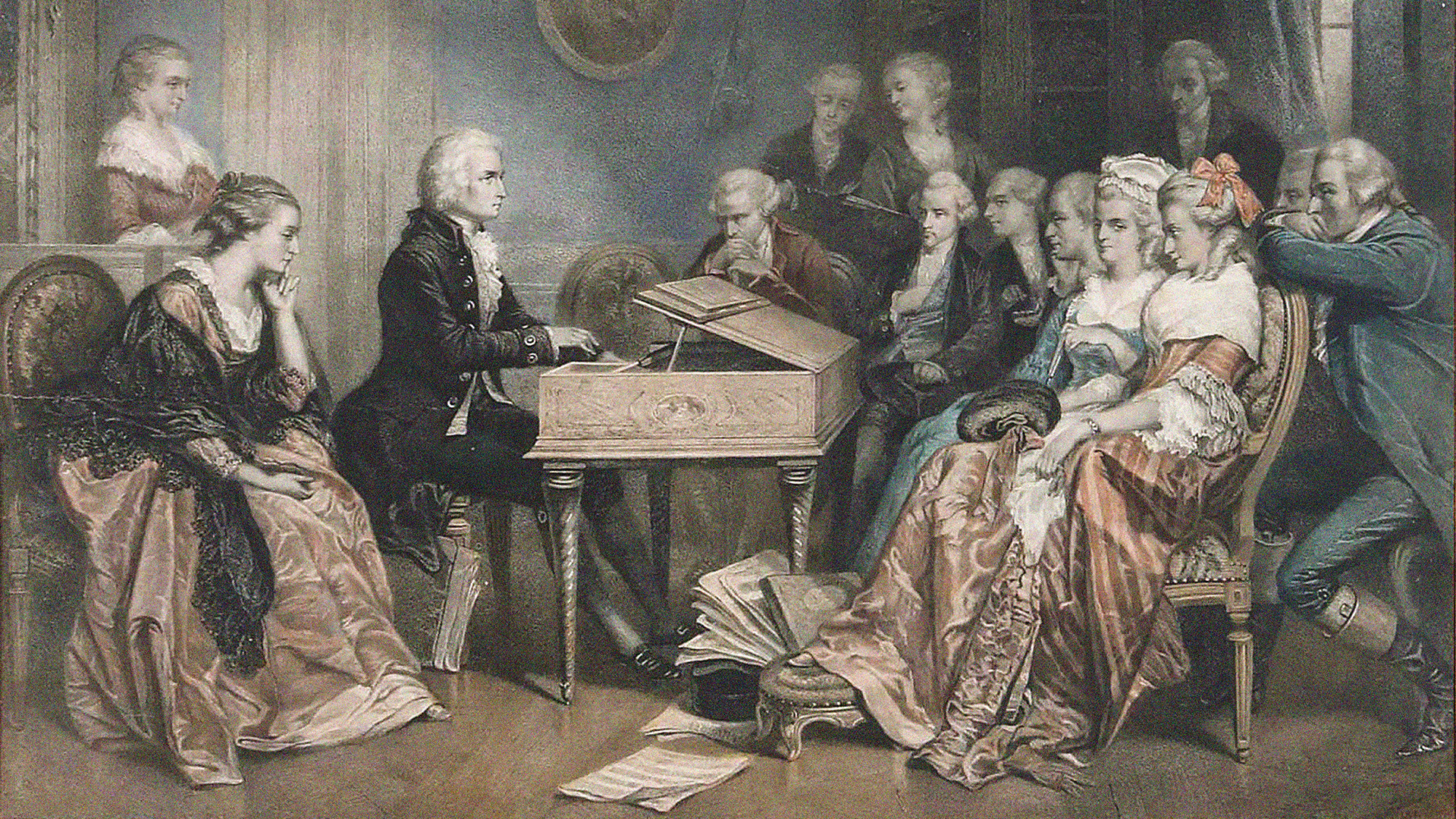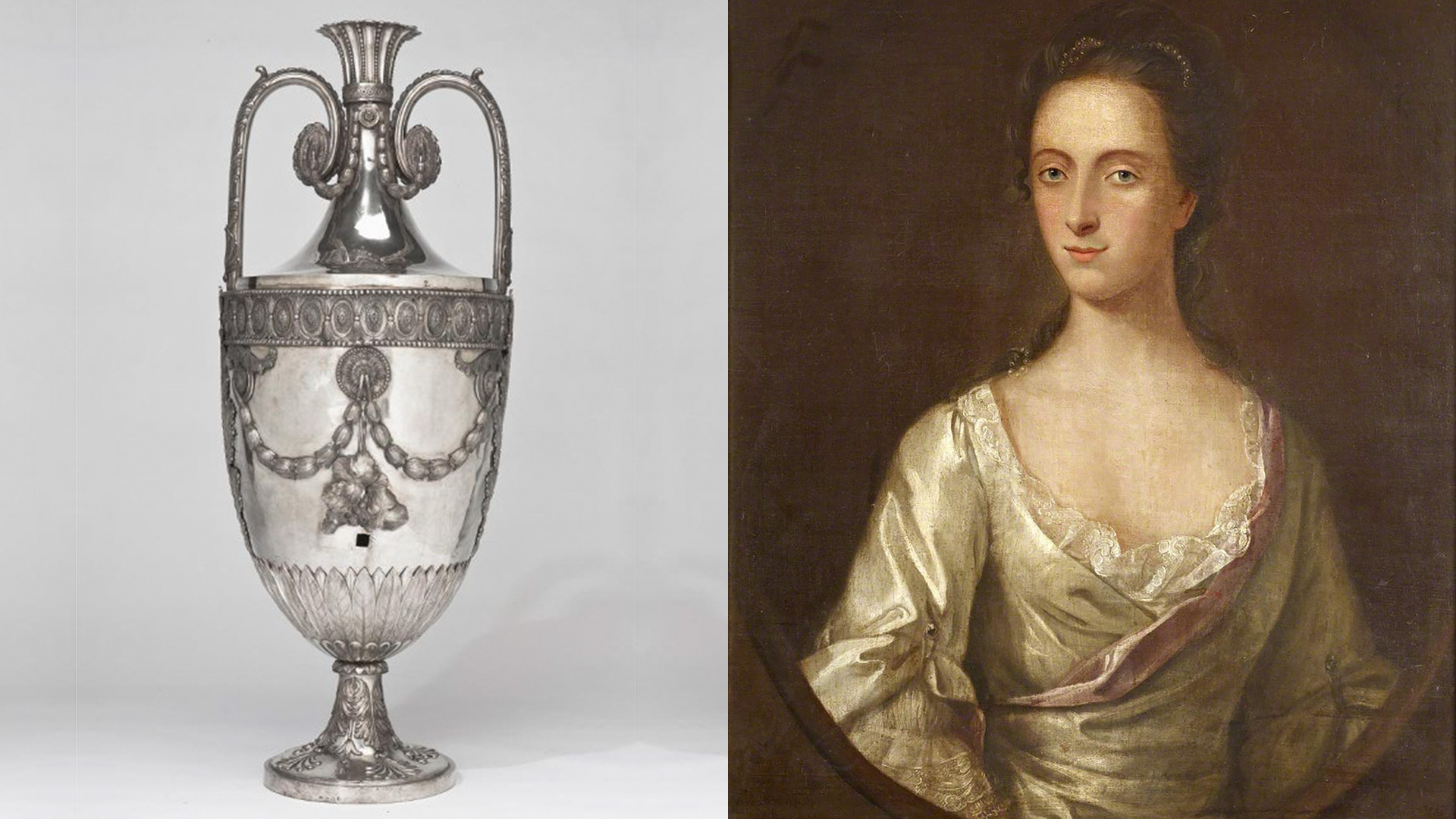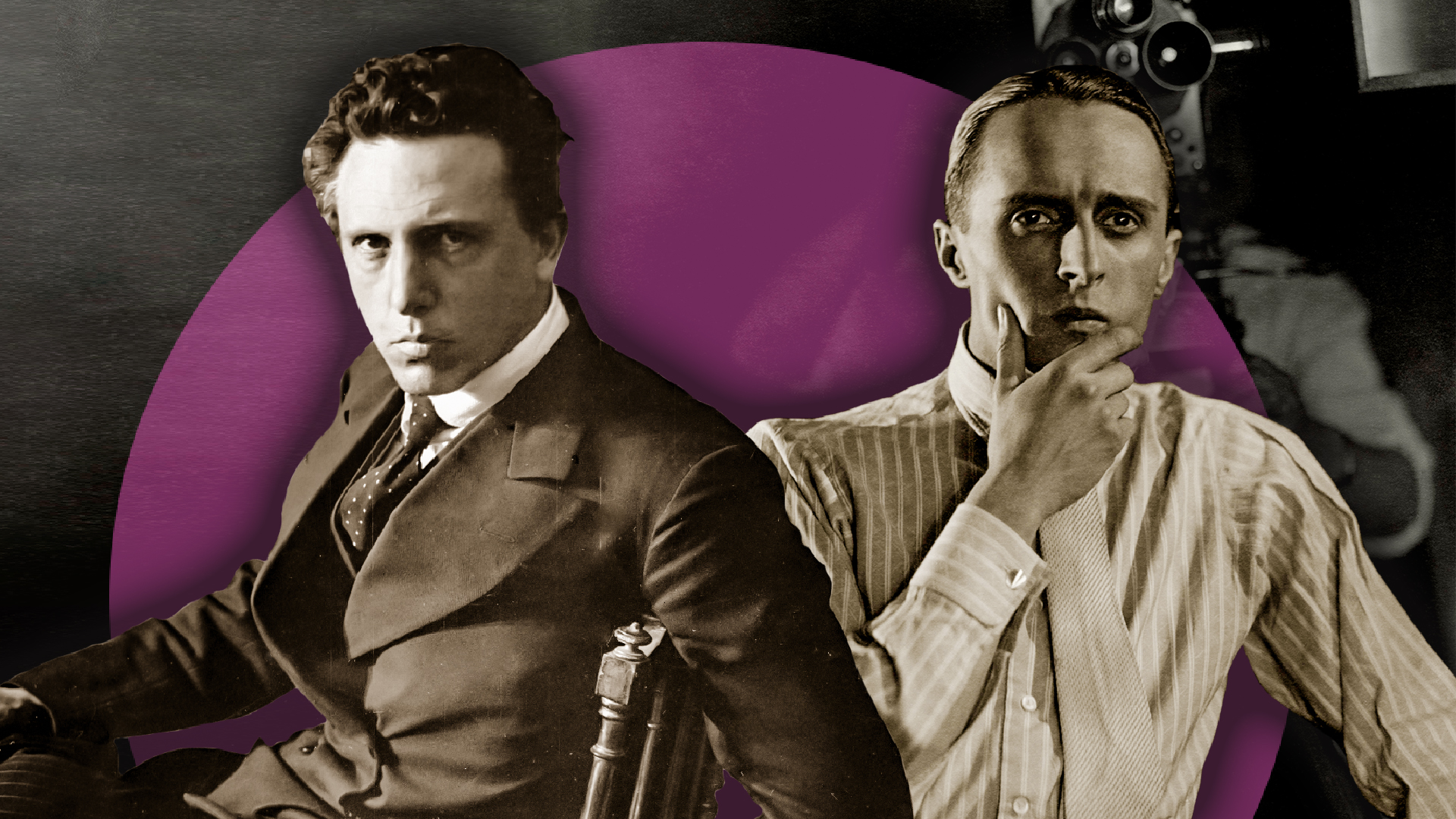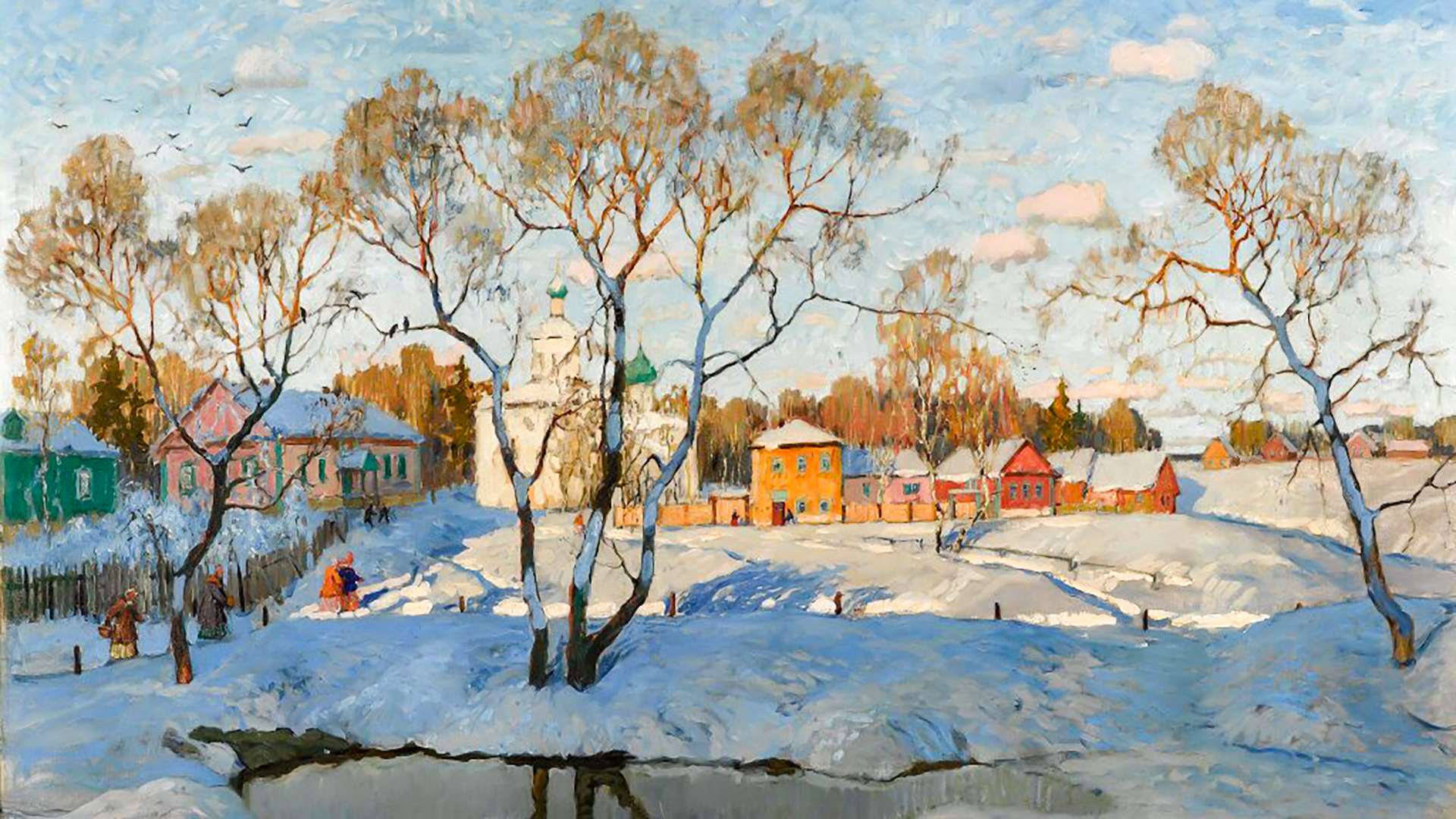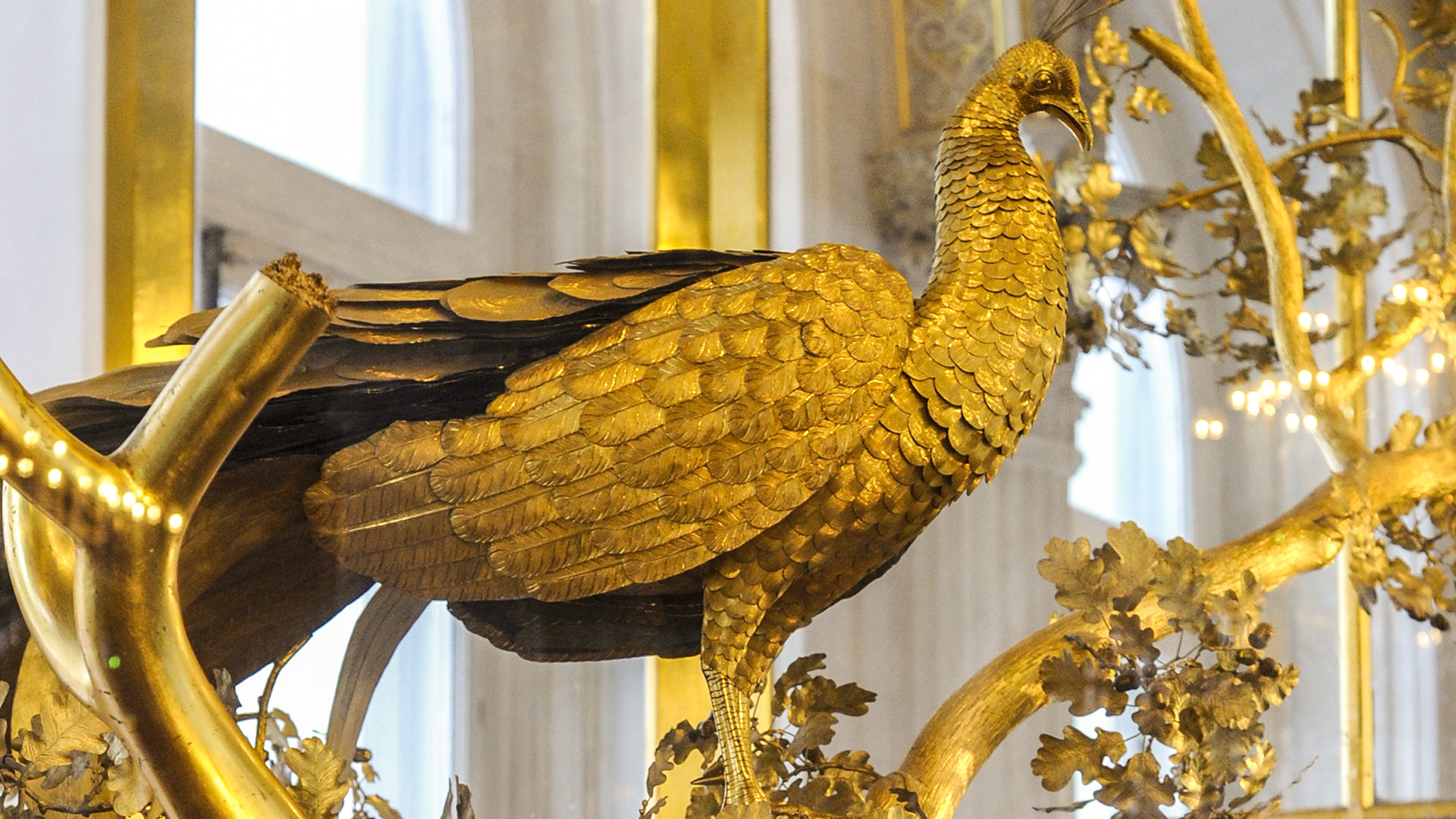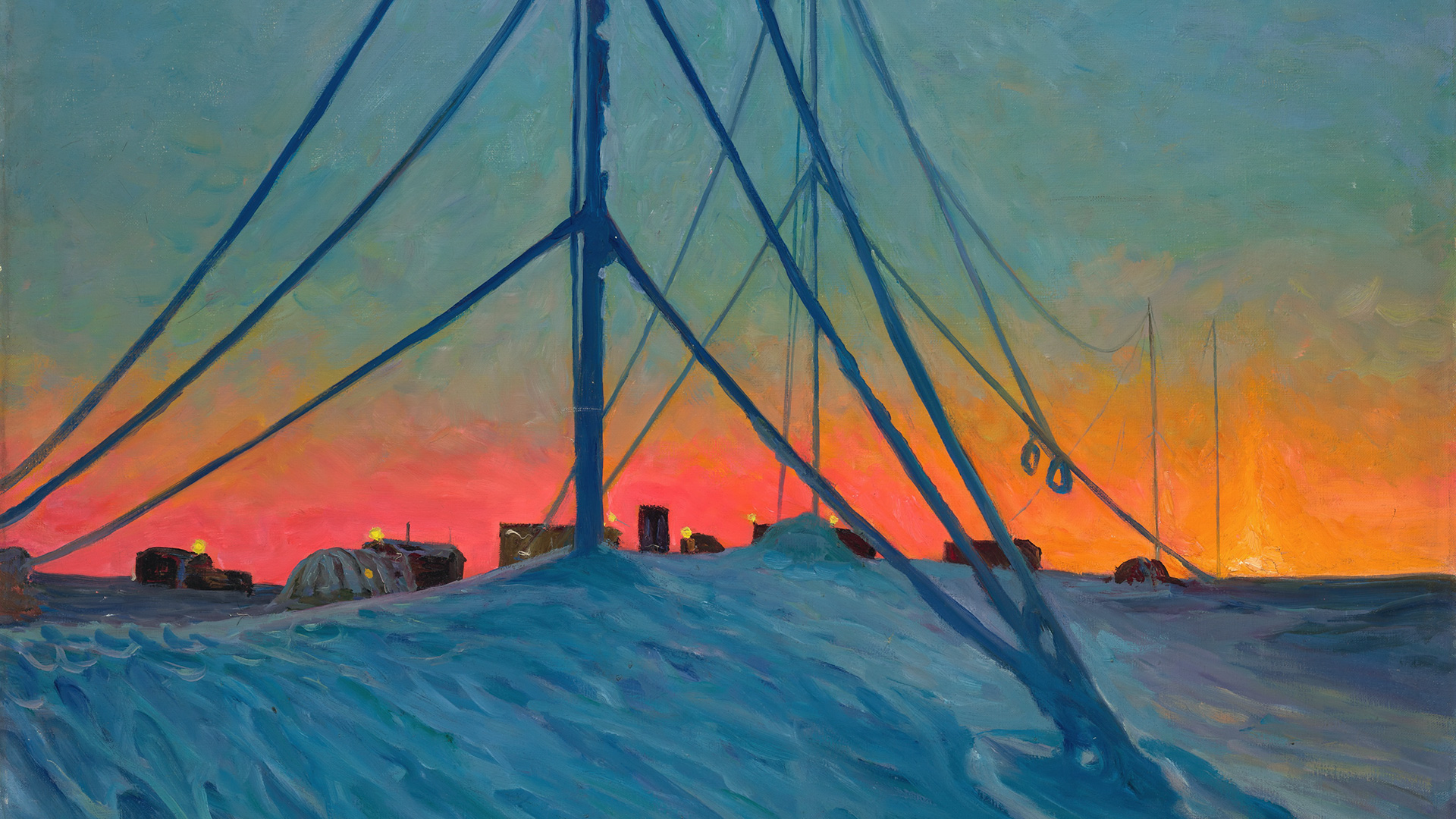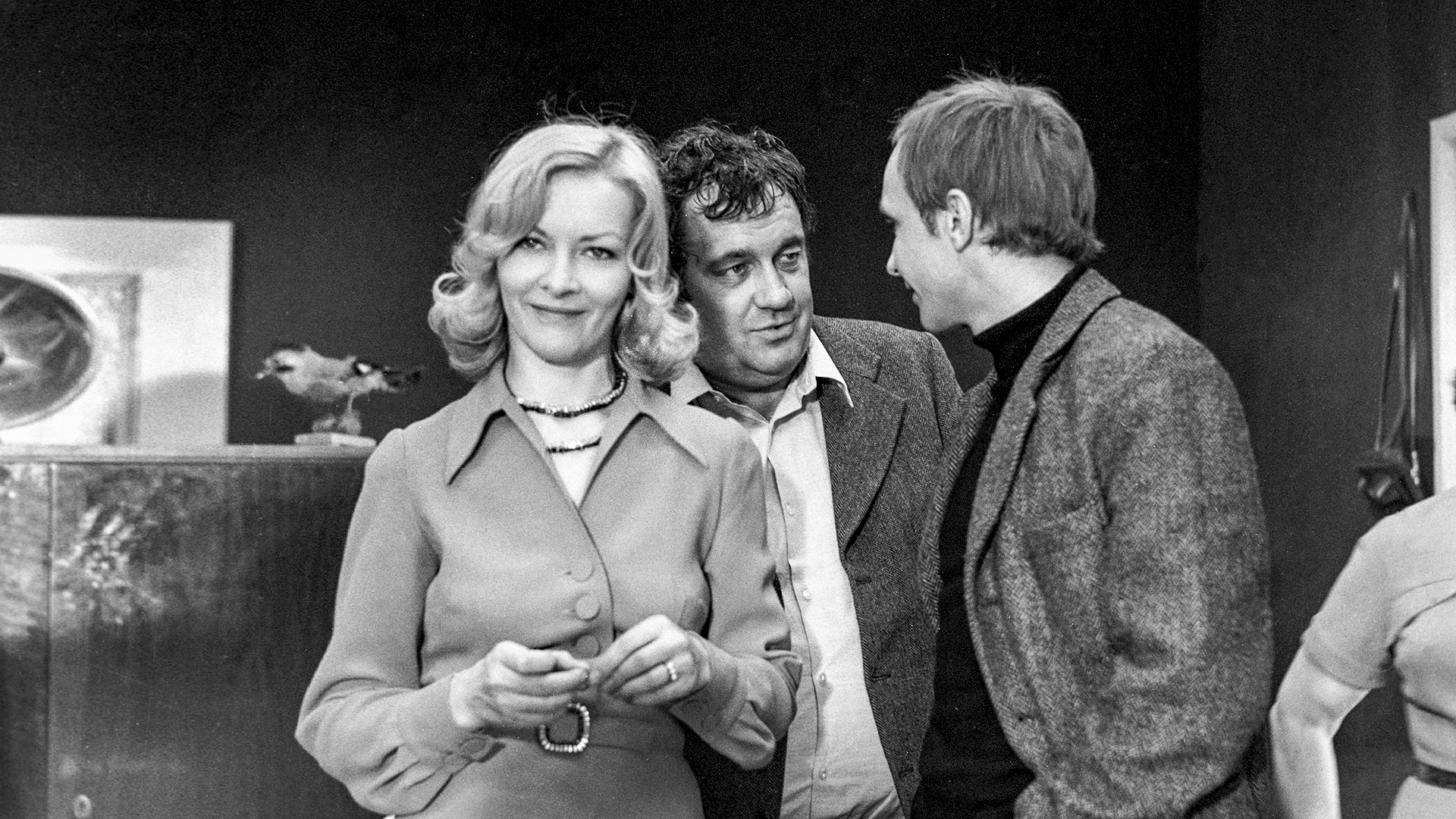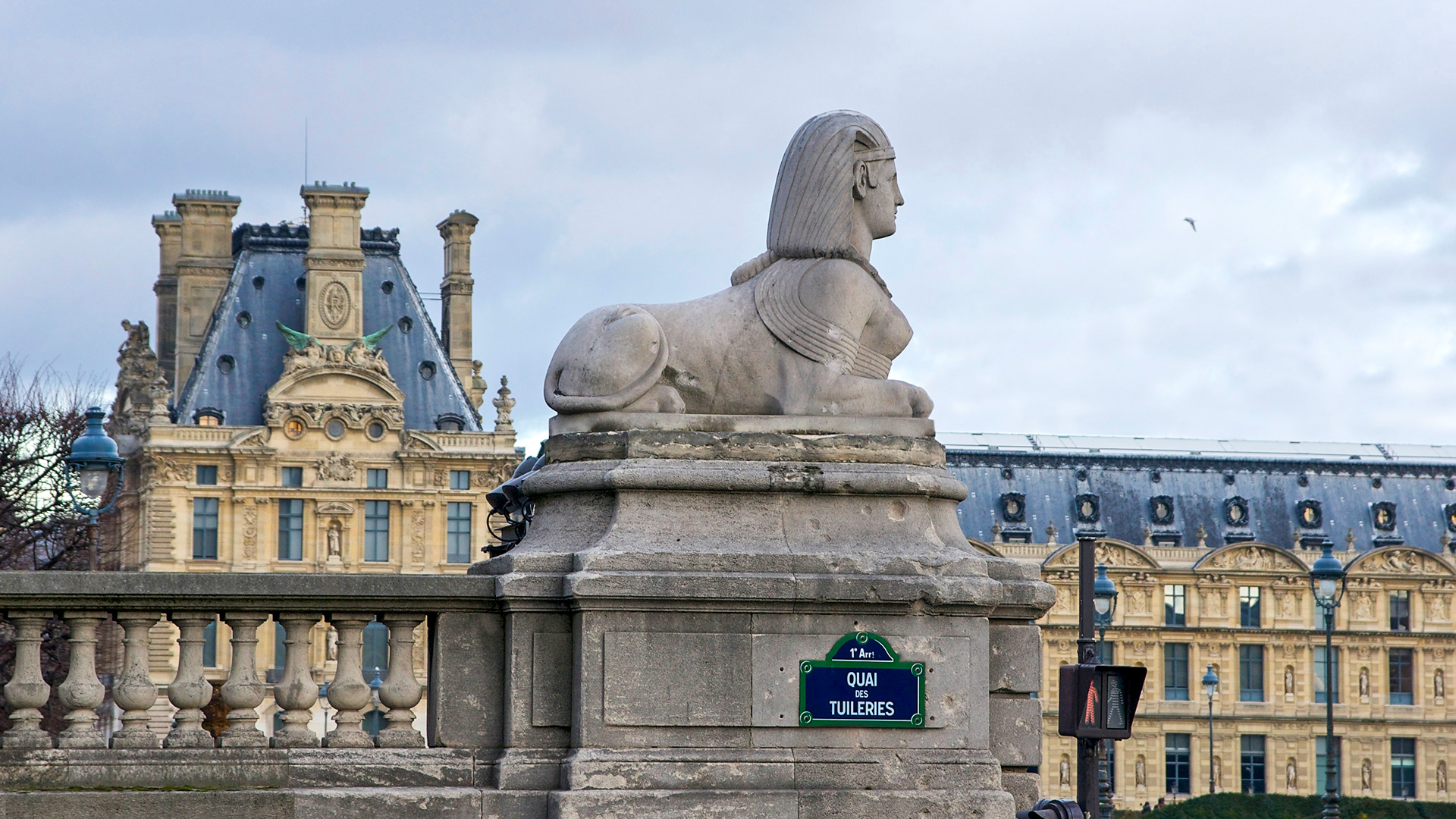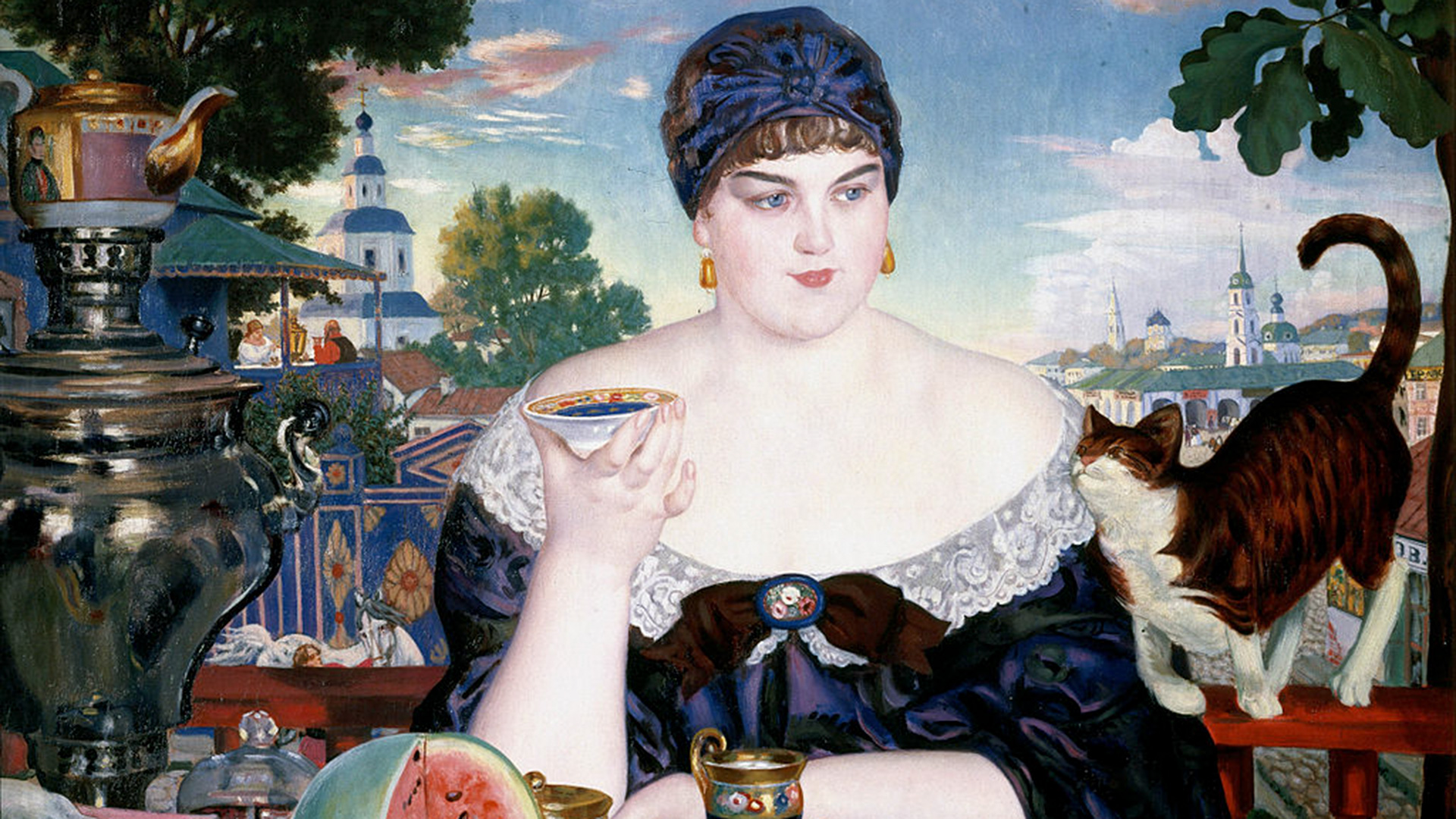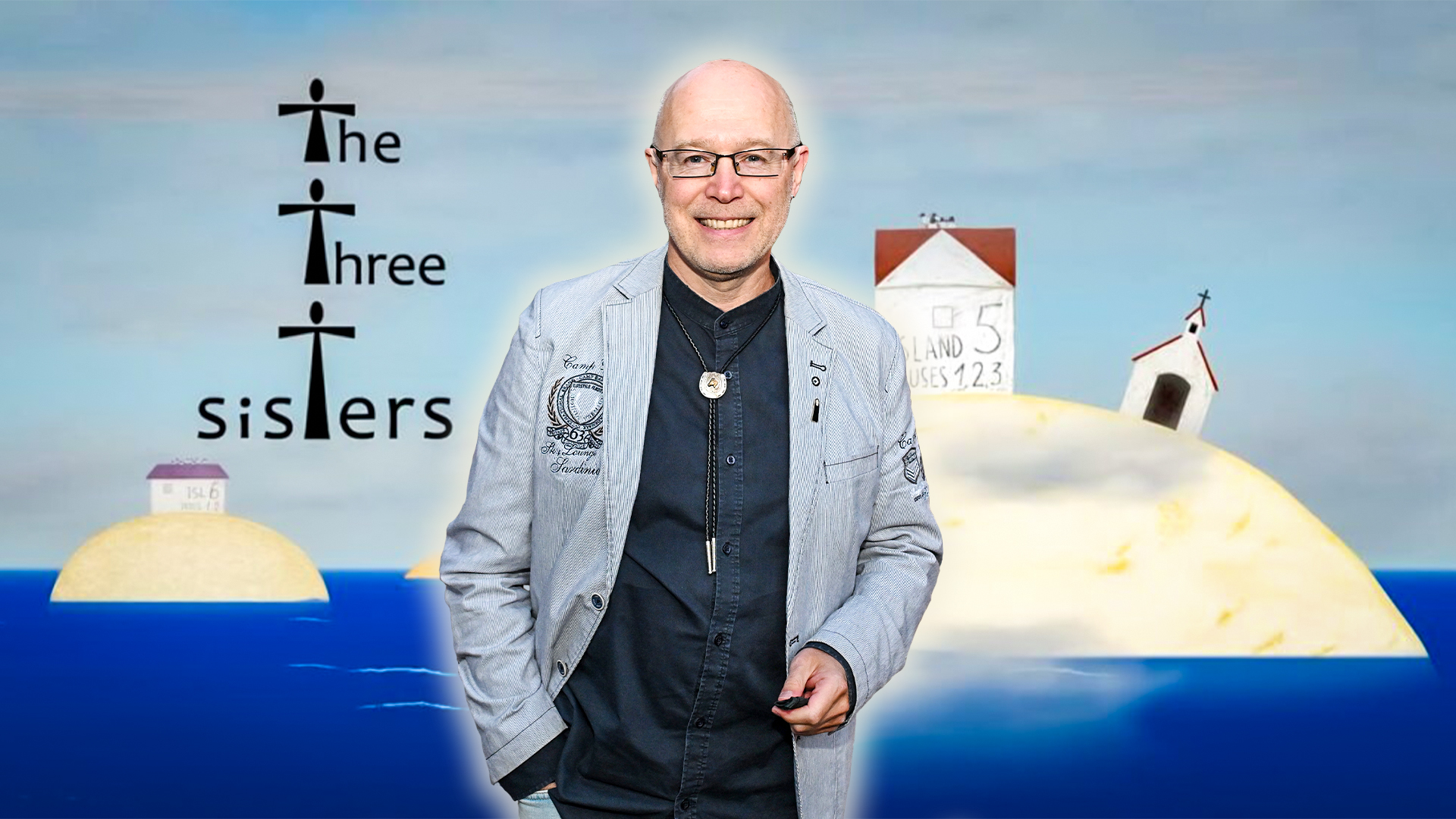
7 works by composer Rodion Shchedrin that you need to know
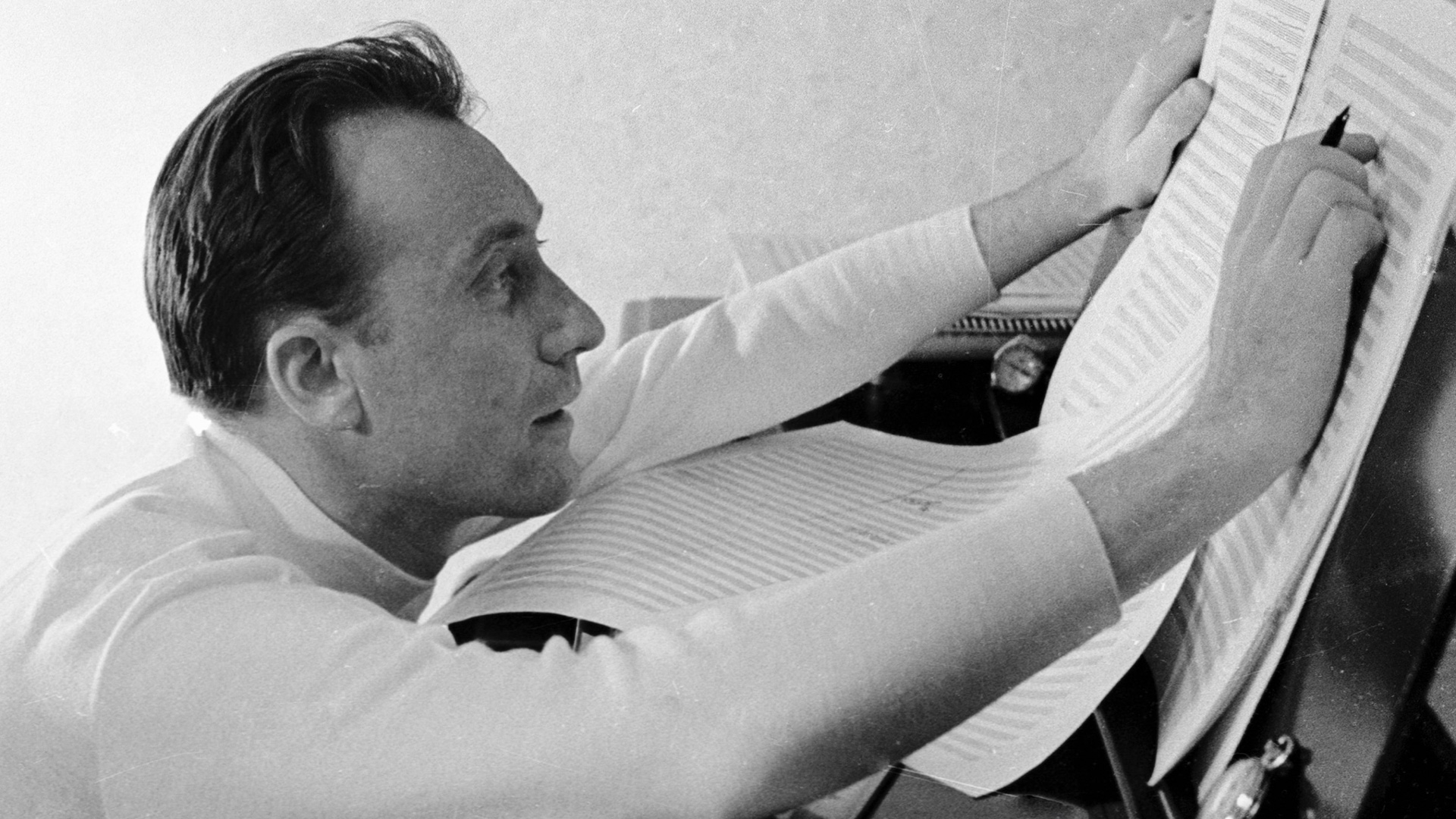
1. ‘Carmen Suites’
The composer created a transcription of Georges Bizet's opera – with a shortened musical score and a new arrangement for the orchestra – at the request of his wife, legendary ballerina Maya Plisetskaya. She had long dreamed of dancing Carmen, but composers Dmitry Shostakovich and Aram Khachaturian refused to write music for the ballet by Cuban choreographer Alberto Alonso. But, Shchedrin created it. For many years, ‘Carmen Suites’ was Plisetskaya's "personal" ballet: no one else performed this part at the Bolshoi Theater.
2. ‘The Little Humpbacked Horse’
The composer wrote the music with recognizable folk motifs for the Bolshoi Theater ballet while still a student and it is one of his earliest works. For Shchedrin, ‘The Little Humpbacked Horse’ became a special work: while working on the play, he met his future wife, Maya Plisetskaya, and dedicated this music to her.
3. ‘Anna Karenina’
While working on the music for this ballet, Shchedrin was inspired by the works of Tchaikovsky, a composer whose work, in his opinion, was closest to Tolstoy and "on par with him in talent and significance". In his music, he decided to use elements of the composer's works created during the years of work on the novel, including the ‘Second String Quartet’ and the ‘Third Symphony’.
4. ‘Not Only Love’
The composer wrote his first opera in 1961. The libretto is based on a story by writer Sergei Antonov about life in a village after the Great Patriotic War. The main character is Varvara Vasilievna, the chairwoman of a collective farm, whose work and duty come first. But, suddenly, Volodya Gavrilov appears in her life. He does not hide his feelings, but there's a problem – he has a fiancée. Shchedrin gave the opera about the life of the people a folkish sound: He was one of the first Soviet composers to weave ditty motifs into the musical canvas.
5. ‘The Sealed Angel’
The composer turned to the work of writer Nikolai Leskov several times. The first address was the liturgy ‘The Sealed Angel’, which he wrote in 1988 – on the 1,000-year anniversary of the baptism of Rus’. It’s based on the story of the same name about an Old Believer ‘artel’ (any of several types of cooperative associations of workers in pre-revolutionary Russia) that owns a miraculous icon depicting an angel. Shchedrin used traditional techniques for religious compositions, including monophonic singing, the so-called ‘znamenny’ chant, adopted by the Old Believers.
6. ‘Poetoria’
A concert for a poet with an orchestra. Shchedrin wrote it with specific performers in mind – the famous 1960s poet Andrei Voznesensky (his poems are featured in ‘Poetoria’) and Lyudmila Zykina, one of the most famous performers of Russian folk songs of that time.
7. ‘Lolita’
The composer created an opera based on Vladimir Nabokov’s novel at the suggestion of Mstislav Rostropovich. Shchedrin wrote the libretto himself: his “Lolita” is Humbert’s memories, while awaiting the death penalty.
Initially, it was supposed to be staged at the Parisian Opéra Bastille, but copyright issues arose. However, a compromise was found: the opera could be staged in a language that has no more than 10 million native speakers. Because of this, the premiere was moved to Sweden. In Russia, ‘Lolita’ was staged for the first time only in 2003.


